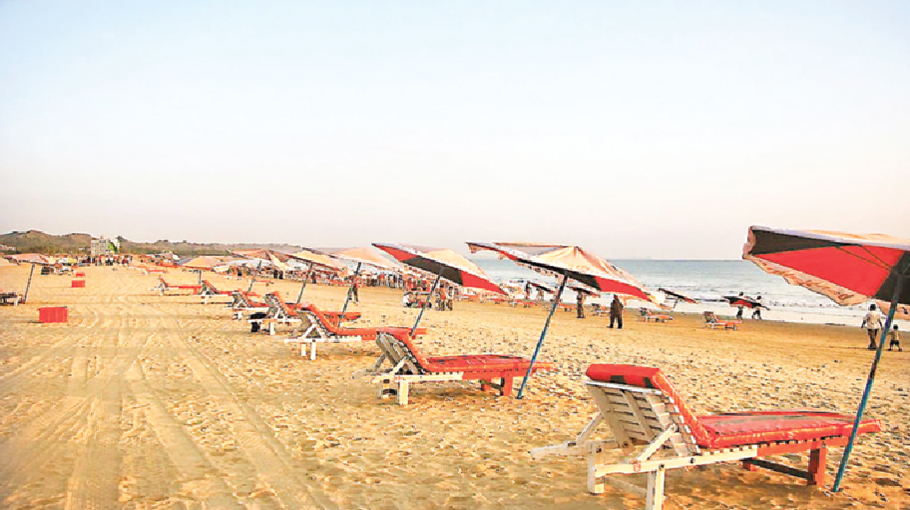Blockade breeds tourism logjam

When the country’s tourism sector is trying hard to turn around after the disastrous phase of COVID-19 pandemic, the BNP-Jamaat’s hartal and blockade programmes have become another severe blow to the sector.
The period from December to February is the peak tourism season. But many local and foreign tourists have already cancelled their tours to due to the ongoing countrywide hartal and blockade programmes.
If the situation does not improve and BNP continues the hartal and blockade programmes till January, the businessmen involved in the tourism sector will have to incur huge losses.
When contacted Tour Operators Association of Bangladesh (TOAB) President Shiblul Azam Koreshi on Friday expressed his grave concern over the ongoing hartal and blockade, demanding that the tourism sector must be kept out of the purview of hartal and blockade.
“Our 70 to per cent 80 per cent income comes between the months of November and January. But, advance bookings at hotels, motels and resorts during this peak season are down. Both foreign and local tourists have already cancelled their advance bookings. And no one is showing interest for advance bookings,” Shiblul Azam Koreshi added.
Apart from this, the TOAB President said about 80 lakh people are involved in the tourism sector.
“If we fail to run our business due to hartal and blockade, we will be unable to afford our employees. Our hotels, motels, resorts and other tourist spots remain empty during the peak tourist season. How we can survive?” he said.
Replying to a query he said the importance of tourism is essential for the inclusive economic growth of the country including poverty alleviation, massive job creation and improvement of living standards of marginalised people.
Shiblul Azam Koreshi urged the government and opposition political parties to keep vehicles carrying tourists out of the purview of all sorts of political programmes; ensure adequate security to foreign tourists; and provide financial compensation to tour operators and hotel owners affected by hartal and blockade.
Bangladesh is a land of scenic natural beauty with rich culture and heritage.
The country is also rich in flora and fauna, and has numerous rivers, archaeological sites, religious places, hills, forests, waterfalls, tea gardens etc.
The world’s largest mangrove forest, the Sundarbans is situated in Bangladesh.
The largest unbroken sandy sea beach in the world is also located in Bangladesh's Cox's Bazar.
Besides, the vast haors in the north-eastern parts of the country, the hills in Chattagram division and lives of small ethnic people are some of the attractions for the tourists.
Talking to Bangladesh Post Md Younus, Director Media and Publication TOAB told Bangladesh Post that a revolution has taken place in the country’s communication sector, opening up a new era in ensuring a safe and uninterrupted road network.
“As the communication is the precondition for the development of any nation. We had thought that we would be able to recover our losses caused by the COVID-19 pandemic as people would be more encouraged to visit the tourist spot due to smooth, safe and uninterrupted communication system across the country,” he said.
Md Younus said Cox’s Bazar, the most popular tourist spot which usually witnesses 50 thousand to one lakh tourists every day during this peak season, now witnesses only one thousand to five thousand only.
“Sometimes our spots don’t have any tourist due to the ongoing disruptions. If this situation continues, there is no way but we will have to shut our business,” he added.
Tourism has a huge potentiality in Bangladesh. Of late, it has emerged as an important sector of economic development with more and more domestic and foreign tourists visiting the country’s tourists’ destinations.
But, fearing violence, people are reluctant to visit the tourist spots as they feel unsafe during their commuting to and from the tourist spots amid either blockade or hartal.




